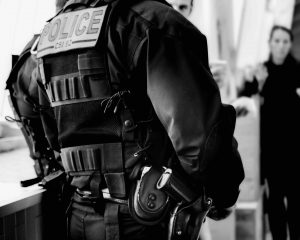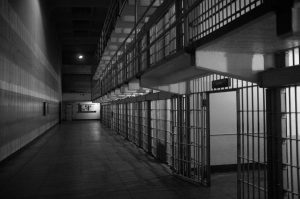 In 1963, the Supreme Court ruled on a case known as Brady v. Maryland. The criminal case involved a defendant, Brady, who was accused along with another defendant of murdering a third man. Brady told police that he was involved in the murder, but he had no intention of killing the man and his partner had been solely responsible for the murder. The two men were tried separately and both were convicted of first-degree murder and sentenced to death.
In 1963, the Supreme Court ruled on a case known as Brady v. Maryland. The criminal case involved a defendant, Brady, who was accused along with another defendant of murdering a third man. Brady told police that he was involved in the murder, but he had no intention of killing the man and his partner had been solely responsible for the murder. The two men were tried separately and both were convicted of first-degree murder and sentenced to death.
Brady appealed his conviction on the grounds that the prosecution withheld evidence that the other defendant confessed to being solely responsible for the murder. His case went all the way to the Supreme Court where the justices decided in favor of Brady, saying the conviction should be vacated on the grounds that the prosecution did not turn over exculpatory evidence that would have resulted in a not guilty verdict.
The legacy of Brady v. Maryland is that it forces prosecutors to turn over any evidence that may help the defense at trial. Does this always happen? Of course, not. More disturbingly, according to one USA Today investigation, many police officers who have been sanctioned for on-the-job problems are still called to testify in cases in which their testimony is relied upon to convict defendants.
 Chicago Criminal Lawyer Blog
Chicago Criminal Lawyer Blog









